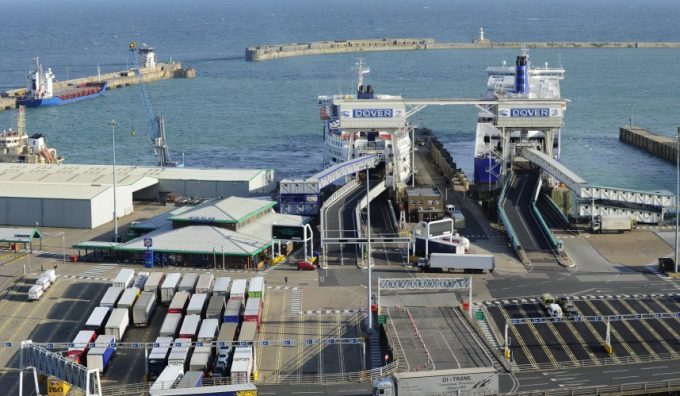EU 'frustration over what UK wants' as further trade talks loom
Supply chain operators are being warned not to get their hopes up of any imminent ...

Changes in processing France-bound holidaymakers departing from Dover could offer a small win to British supply chains as the country moves to reset relations with the EU.
Yesterday, the new UK government confirmed that French border officials would be permitted to process ...

Comment on this article